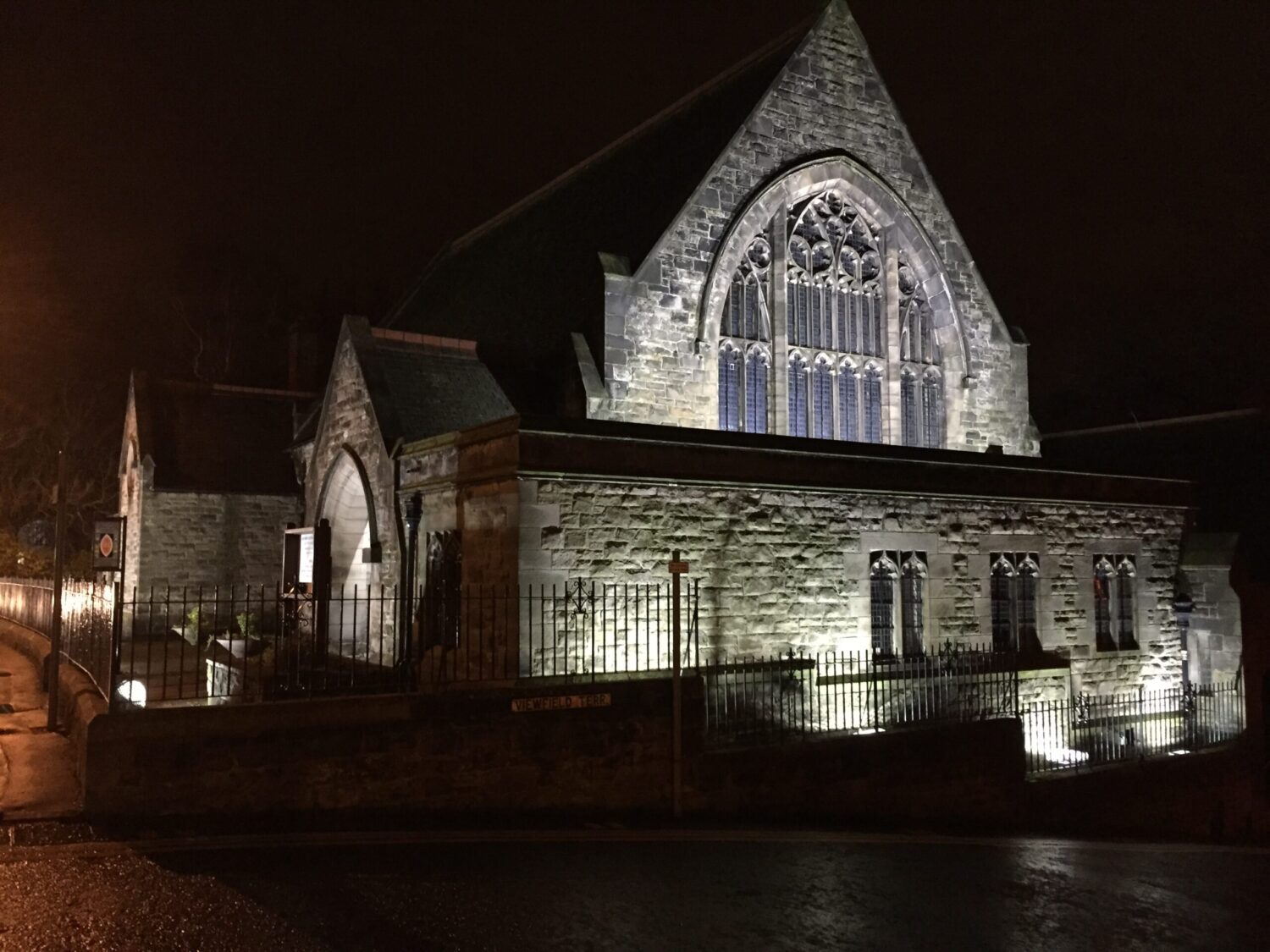The lectionary reading for Easter Day is Luke 24:1-12, which starts: On the first day of the week, very early in the morning, the women took the spices they had prepared and went to the tomb. They found the stone rolled away from the tomb, but when they entered, they did not find the body of the Lord Jesus. While they were wondering about this, suddenly two men in clothes that gleamed like lightning stood beside them. In their fright the women bowed down with their faces to the ground, but the men said to them, “Why do you look for the living among the dead? He is not here; he has risen!”
The women had been puzzled at the sight of the empty tomb until they were reminded that Jesus had indeed said it would be necessary for him to suffer, die, and arise again. Then they began to see the resurrection as part of God’s plan for the salvation of the world. Their puzzlement turned into purpose. Their worry turned into witness. And they went and told the other disciples all that had happened.
It was only right that they remembered Jesus clearly at the empty tomb. The Greek term translated “tomb” in v.2 is mnemeion, literally “place of remembrance”, is the source of our English term “mnemonic,” something that helps us to remember things clearly. His empty tomb is an effective reminder, not of a dead person buried there, but of the living Christ who taught us the truth, died for our sins, rose from the dead, and reigns with the Father and the Holy Spirit, one God now and forever.
The empty tomb can fill us in ways nothing else can. It can fill us with faith in the One who vacated it! It can fill us with hope in the King of kings, the Lord of lords, the resurrected Saviour, Jesus Christ! It can encourage us to follow the women at the tomb in becoming faithful witnesses of Jesus’ resurrection so that others may find hope beyond the grave! And it can fill us with unshakeable joy, because through our risen Saviour, we too shall find life on the other side of death!
Adapted from Noel Schoonmaker’s sermon


